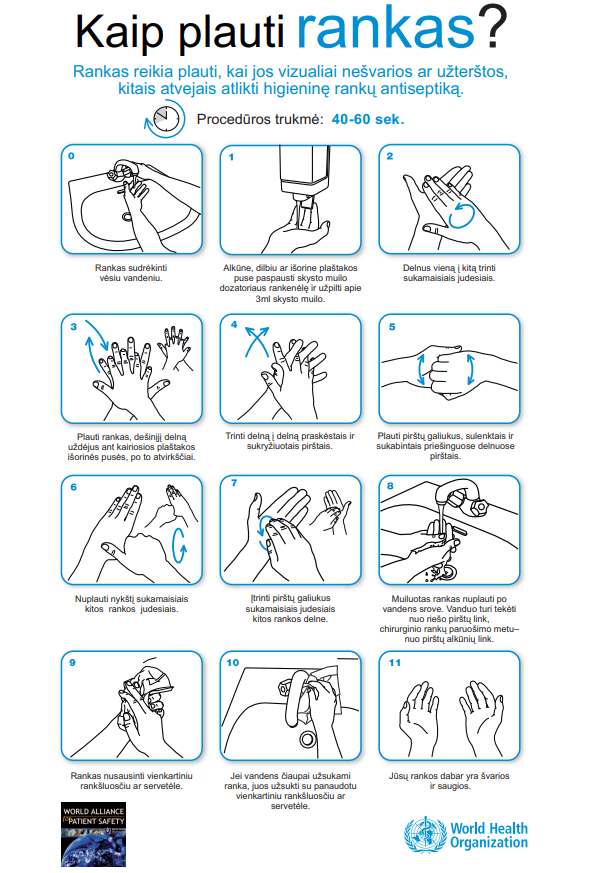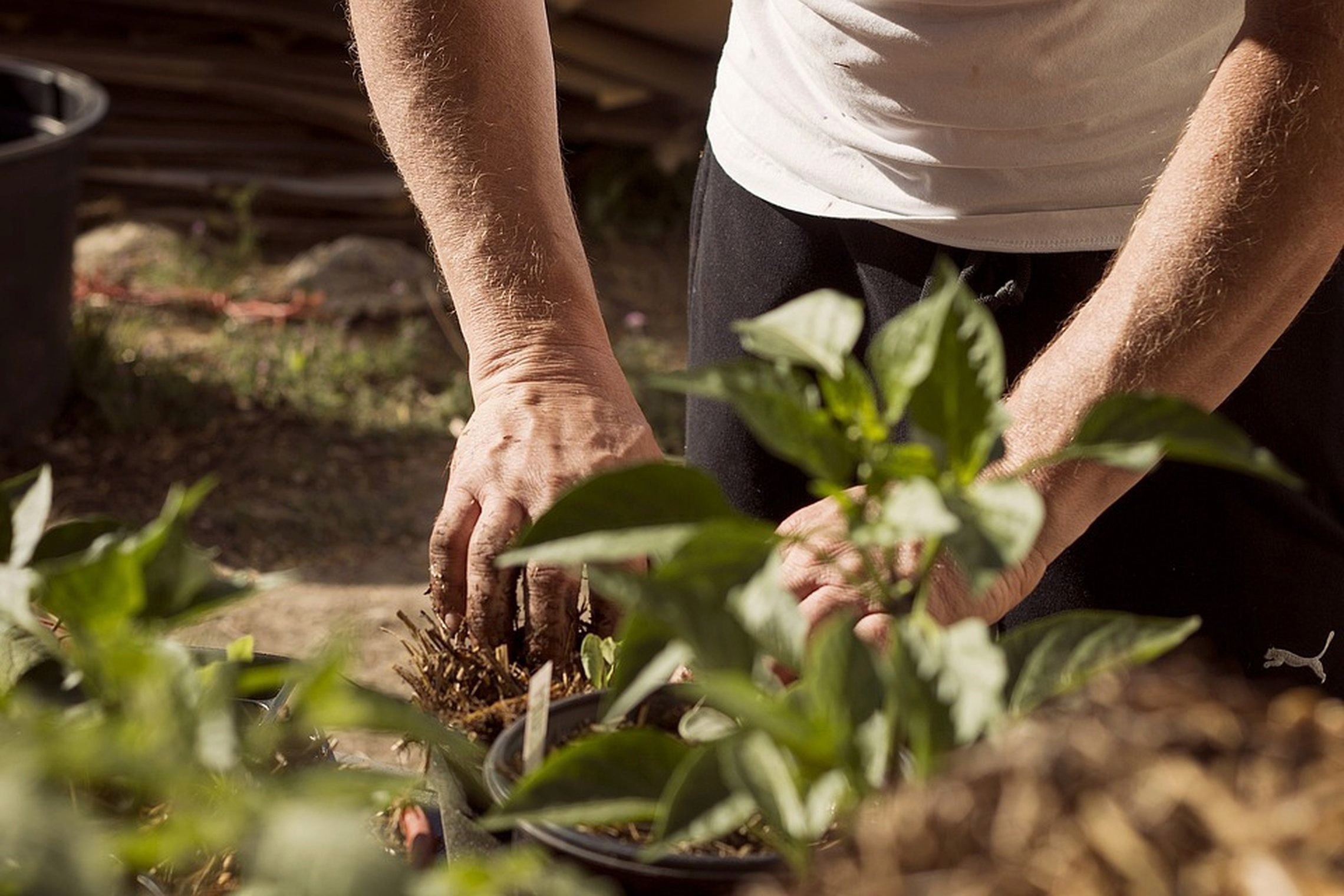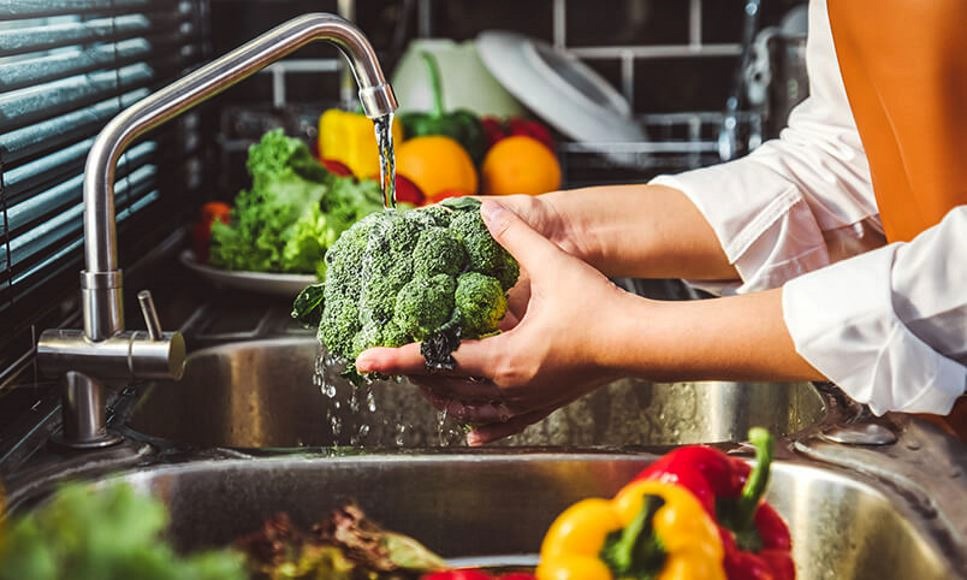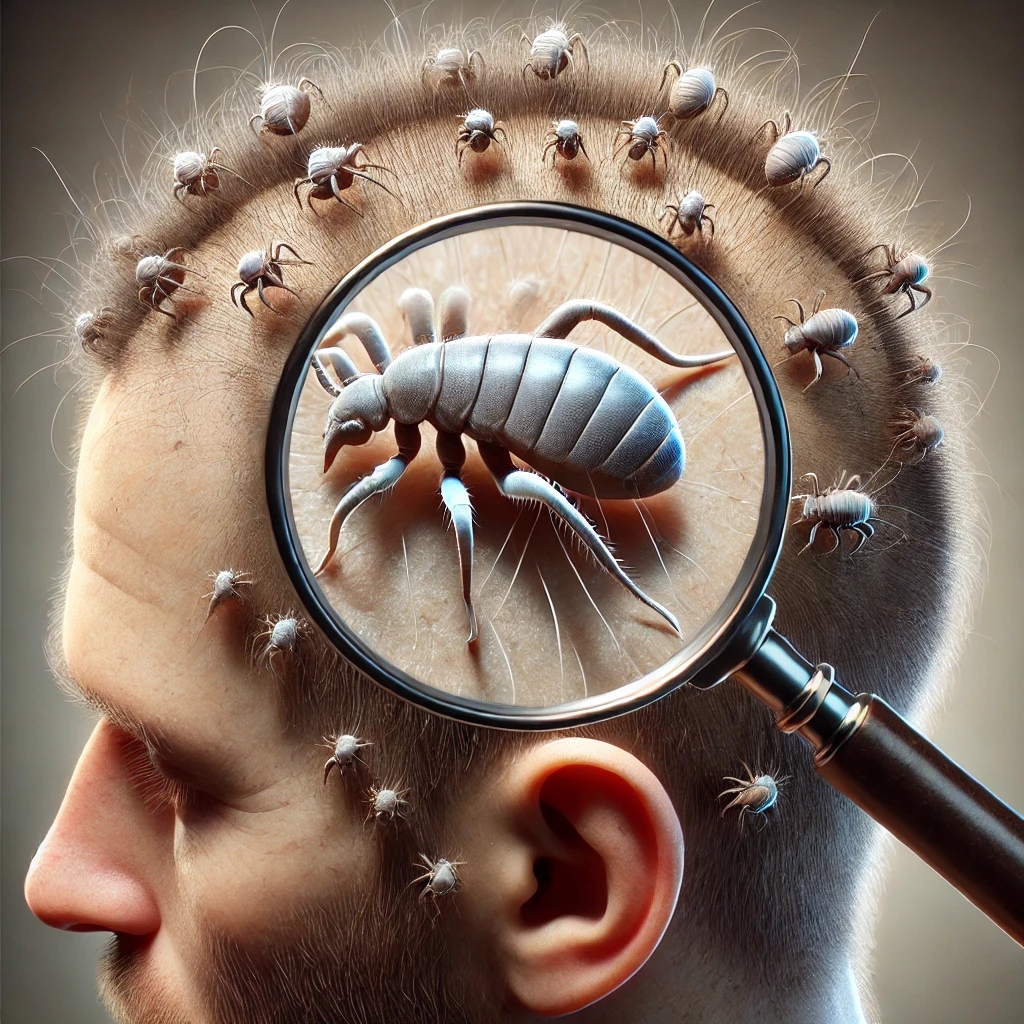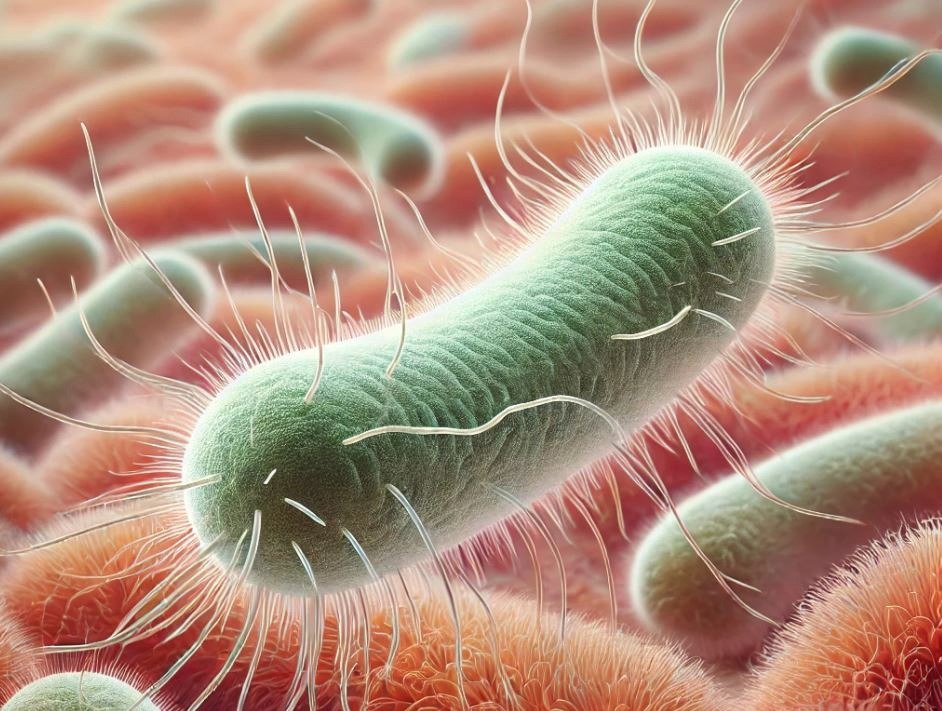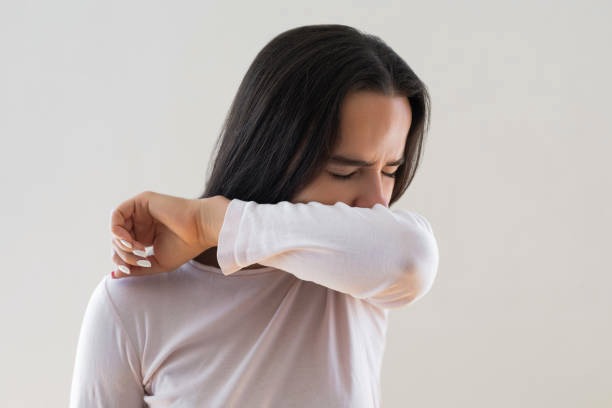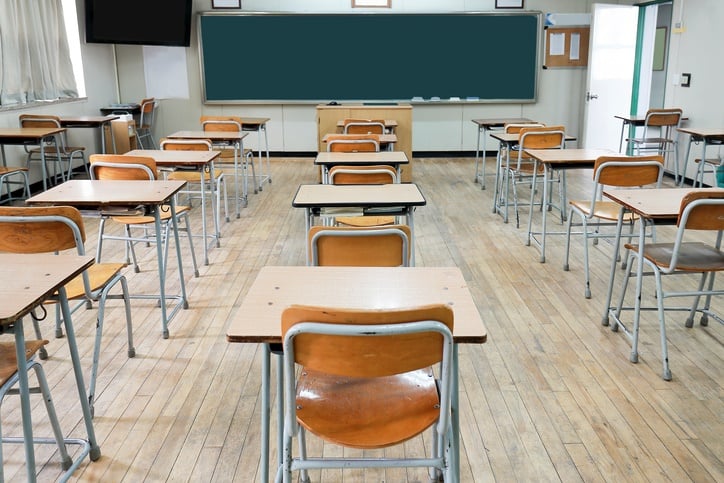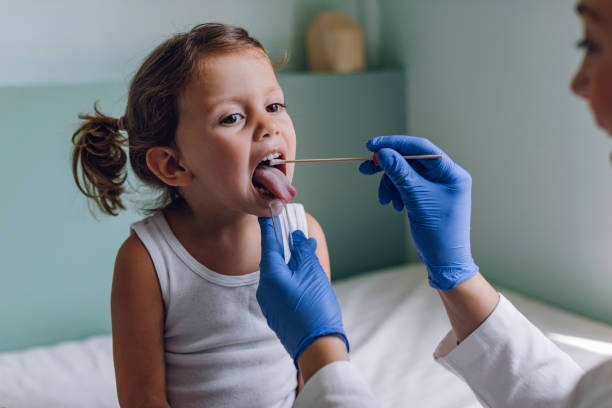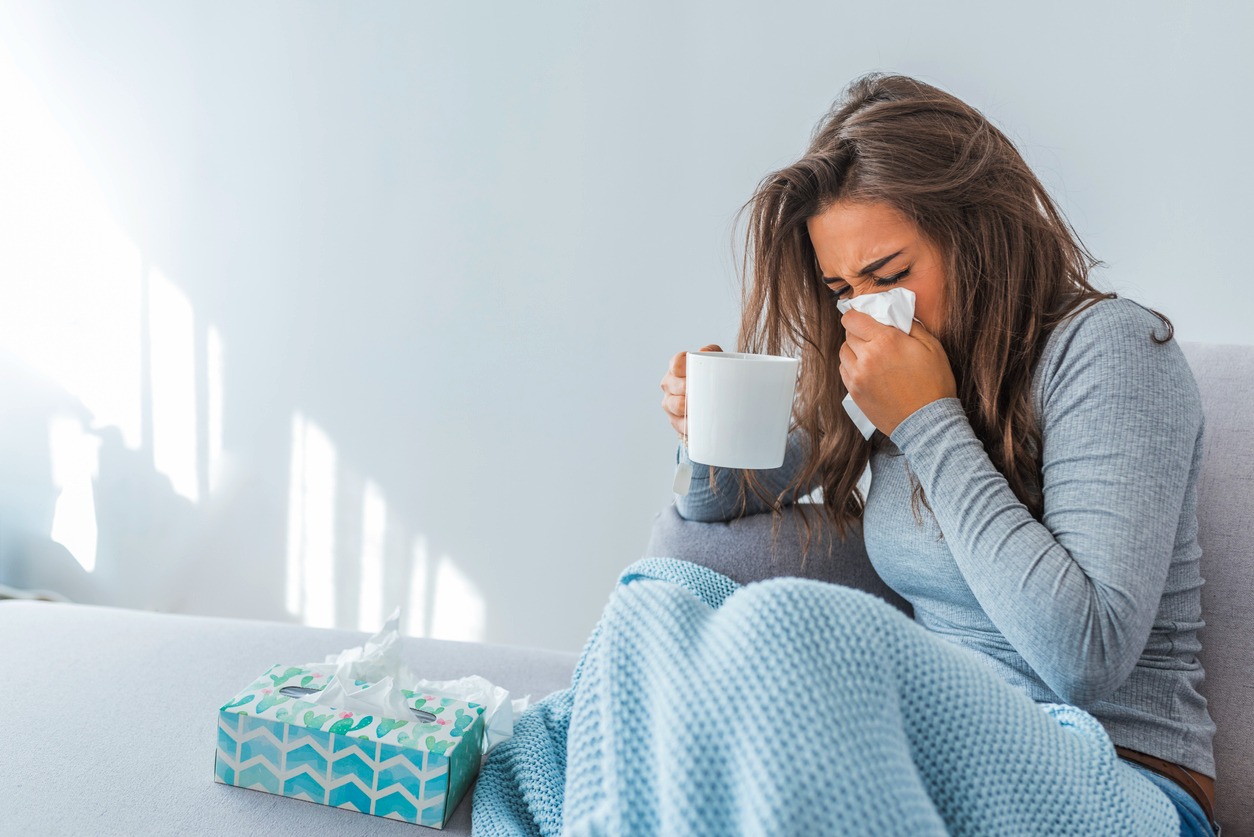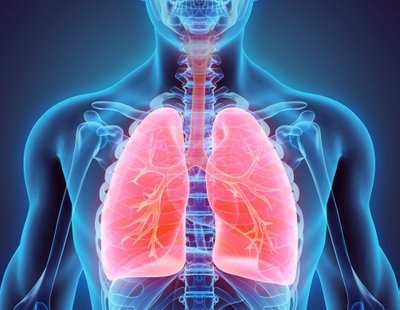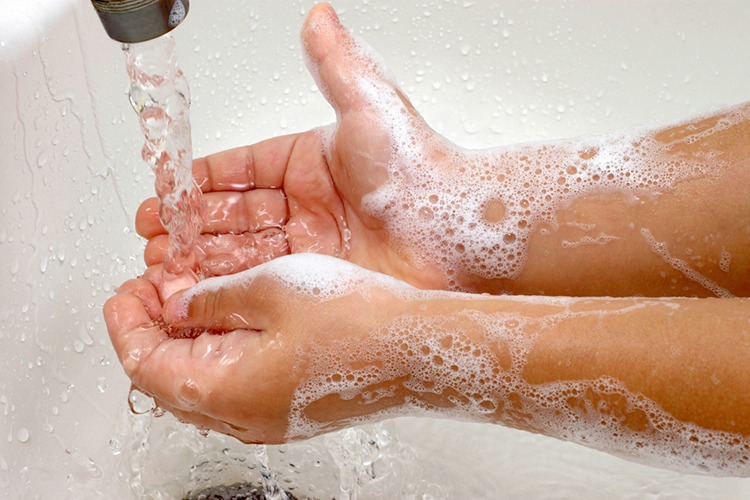
Proper hand washing is important to maintain good hygiene.
Up to 80% of infectious diseases can be prevented by washing hands properly, as there are no vaccines for many intestinal infections. Therefore, personal hygiene remains the most important preventive measure.
Hand hygiene should be learned from an early age. Always wash your hands when they are dirty, after visiting public places, after using the toilet, before eating, and in other necessary situations!
Insufficient hand hygiene can lead to diseases known as "dirty hands" illnesses: salmonellosis, typhoid fever, dysentery, viral hepatitis A, rotavirus and norovirus infections. Airborne infections such as coronavirus, flu, diphtheria, rubella, scarlet fever, chickenpox, and measles also spread very quickly through dirty hands – when talking, coughing, or sneezing, if the mouth is covered with the palm, all pathogens get on the hands.
Dirty hands should not touch not only the mouth but also the eyes, nose, or other mucous membranes. After petting domestic animals and not washing hands thoroughly, one can become infected with helminthic diseases (dog and cat roundworm - toxocariasis, echinococcosis, parasitic protozoa - toxoplasmosis) and fungal diseases.
When is it necessary to wash hands?
Hands must always be washed when:
- they are visibly dirty;
- before eating;
- after using the toilet;
- before and after cooking;
- after working with dirty dishes or cutlery, or other items;
- before feeding a child;
- after changing diapers;
- after returning from outdoors, yard, garden, or orchard;
- after using public transport;
- after being in public places;
- after interacting with a sick person;
- after blowing your nose;
- after touching or playing with animals.
How to wash hands properly?
When washing hands, it is important to remember that bacteria accumulate not only on the surface of the palms. They should be soaped up all the way to the wrists, also not forgetting the fingers and fingernails.
To remove bacteria and dirt, it is recommended to wash hands for no less than 20 seconds. Thoroughly soap the entire surface of the hands and rinse the soap off with warm water. You can sing the "Happy Birthday" song twice to properly count the washing time! It is best to dry your hands with a disposable towel or tissue. After washing your hands, avoid new bacteria. Turn off the faucet using a paper towel, and try not to touch dirty door handles.
This is a simple process, but it is very important to prevent the spread of microbes!!!
